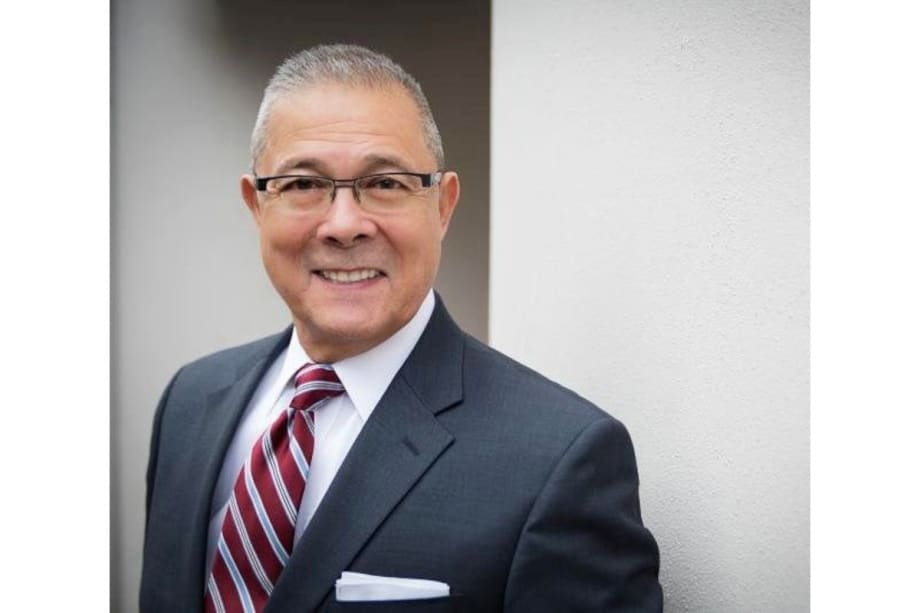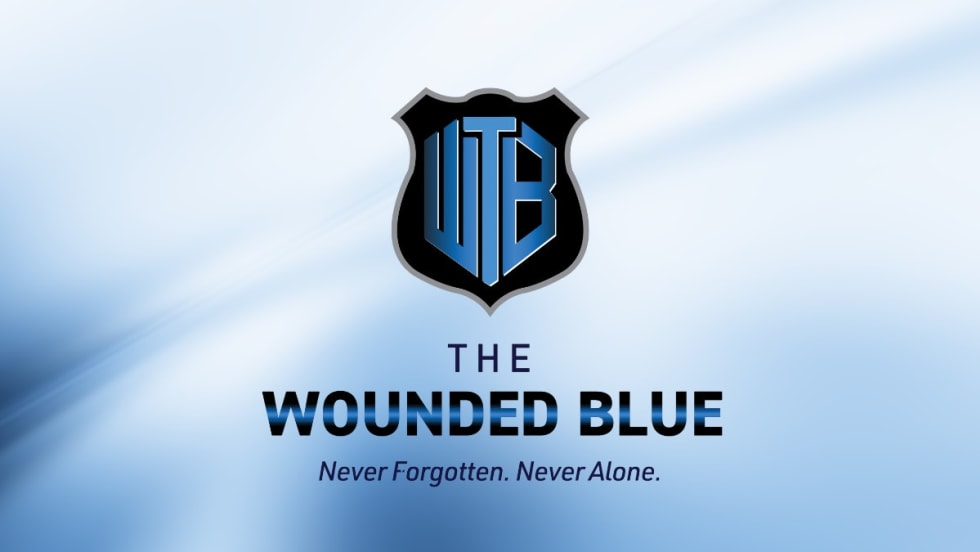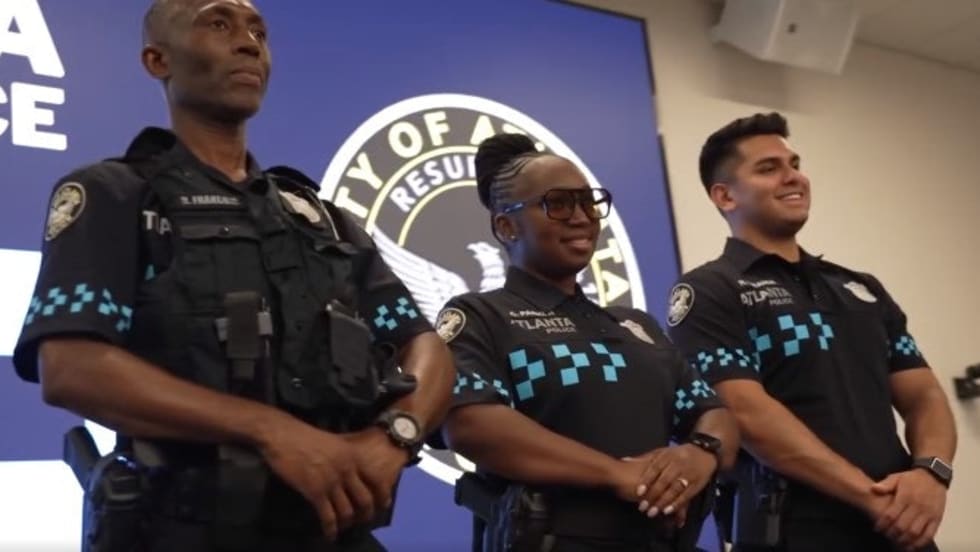“Reimagining public safety” has become a rallying cry, a call to rethink how we reduce harm, rebuild trust, and keep communities safe. But too often, these conversations stop at policing policies, training, or budget shifts. Often missing is a more foundational question: How are police departments managed, and who should hold that authority?
Guest Op-Ed: State Control of Local Police Departments Has Merit
We need to ask whether traditional local control still serves the public interest, or whether it is time to consider expanded state oversight of municipal agencies.

Louis F. Quijas
Citizens Behind the Badge
The United States has one of the most decentralized policing systems in the world. With more than 18,000 local law enforcement agencies, each subject to their own political winds, the results are often inconsistent and, in some cases, deeply unjust. While some departments embody professionalism and community engagement, others are hampered by instability, mismanagement, or scandal—with few tools for the public to intervene.
If we are serious about reimagining public safety, we must confront the structure behind it. That means asking whether traditional local control still serves the public interest, or whether it is time to consider expanded state oversight of municipal agencies as a stabilizing force for modern law enforcement.
This is an idea that has been put into practice in Missouri. The state has maintained oversight of the Kansas City Police Department through a Board of Police Commissioners since the 1930s. Four members of the board are appointed by the Governor, and the Kansas City mayor serves as an ex-officio member. This model has provided consistent, nonpartisan leadership for nearly a century.
In contrast, St. Louis was under state control from 1861 until 2012, before shifting to local control in 2013. The result has been excessive leadership turnover, political infighting, and diminished trust between the police and the public. More importantly, St. Louis experienced a serious crime problem since the police department was placed under local control. The city has consistently been ranked in the top 10 most dangerous cities in the United States. In fact, the situation in St. Louis had deteriorated so badly that state legislators in March returned the St. Louis Metropolitan Police Department to state oversight.
Proponents of the switch said it was necessary to make St. Louis safer and stop the mass exodus of businesses and residents who have been fleeing the crime-ridden city. Interestingly, the move back to state control of the police in St. Louis was supported by the city’s two police unions, the St. Louis Police Officers Association and the Ethical Society of Police.
The new law creates a six-member board to supervise the St. Louis Metropolitan Police Department, consisting of the mayor of St. Louis, and five citizens appointed by the governor and subject to state Senate confirmation. Among the governor’s appointees, four are voting members required to reside within the city, while the fifth appointee serves as a nonvoting member and can live either in the city or nearby. The mayor of St. Louis holds a voting position on the board. With this change, St. Louis has joined Kansas City as the only two major municipal police departments in the nation under state control.
This is not about partisan politics. It is about recognizing the need for change that will result in better outcomes. State oversight offers stability that local politics often cannot. It shields police departments from the turbulence of city hall and enables officers to focus on what matters most: crime prevention, investigations, and building relationships with the communities they serve. It supports professional standards that remain intact regardless of zip code or mayoral election results.
Some critics argue that state control distances police from the communities they serve. But after serving 36 years in law enforcement — including decades with the Kansas City (Missouri) Police Department and as a municipal police chief and federal law enforcement leader—I have seen firsthand the benefits of a state-controlled police department and the damage that political volatility can do to public safety.
Stable, mission-driven leadership is essential to effective policing. When departments are constantly caught between shifting local priorities or pressure from elected officials, officers lose focus. The public loses confidence. And communities suffer. State oversight does not ignore local voices; it places them within a system designed to prioritize long-term integrity and public trust over short-term politics.
Ultimately, reimagining public safety means more than changing what police do. It means rethinking how they are led. Structural reform is not just about training programs or budgets. It is about accountability, professionalism, and leadership that does not change with the political tides. State control of local police agencies may not be a silver bullet, but it just might offer a better path forward for municipalities suffering from high crime, unstable staffing and weak community relations.
Louis Quijas serves on the Law Enforcement Advisory Council of Citizens Behind the Badge. He has over 36 years of law enforcement experience and previously served with the Kansas City (Missouri) Police Department and as Chief of the High Point (North Carolina) Police Department. He was an assistant director of the FBI, and an assistant secretary for the Office for State and Local Law Enforcement at the U.S. Department of Homeland Security.
More Command

Why Police Leaders Must Champion Parking Enforcement
For police and transportation departments, traditional parking enforcement exposes officers to risk, such as standing on busy roads to issue paper tickets or catching offenders in dangerous, congested areas. Modern technology changes this, reducing exposure, speeding processes, and limiting confrontations.
Read More →
More IACP 2025 From the Show Floor
Watch expanded coverage of IACP 2025 as the POLICE Magazine team walks the aisles at the expo and shares what we found interesting on display for chiefs from across the country and around the world this week in Denver, Colorado.
Read More →
IACP 2025 - From the Show Floor
Take a look inside the expo at IACP 2025 to see a sampling of what is displayed for chiefs from across the country and around the world this week in Denver, Colorado.
Read More →
Pro-gard Expands Law Enforcement Vehicle Protection and Transport Solutions
Pro-gard has introduced HD Fender and Headlight Wraps for added front-end protection and a new P1300 Pro-Cell transport system for Ford F-150 and Super Duty models.
Read More →
COPS Teams With The Wounded Blue To Help Injured And Disabled Law Enforcement Officers And Their Families
Free officer-wellness training comes to Las Vegas Sept. 22–25: The Wounded Blue’s 5th Annual National Law Enforcement Survival Summit opens registration.
Read More →
Video: Officer Crawls Across Ladder to Rescue Family from Floodwaters
When floodwaters overturned a vehicle in rural New Mexico, Officer Walker Eby risked his life—crawling over raging currents on a ladder—to rescue a woman, her child, and their dog.
Read More →
Ahmedabad, India, to Host 2029 World Police & Fire Games
Birmingham, Alabama, hosted the 2025 World Police & Fire Games, and Ahmedabad, India, has been announced as the host city for 2029.
Read More →
Trump Calls Out National Guard to Address D.C. Crime
The memorandum says D.C. is a Federal city and violent crime “prevents Federal workers from safely performing their duties and prevents Americans from safely accessing their elected officials.”
Read More →
Atlanta Police Introduce New Uniforms for 2026 World Cup
Chief Darin Schierbaum said the new uniforms are made of a lightweight fabric with four-way stretch, UV protection, and ventilation to make officers more comfortable in the Atlanta heat.
Read More →

